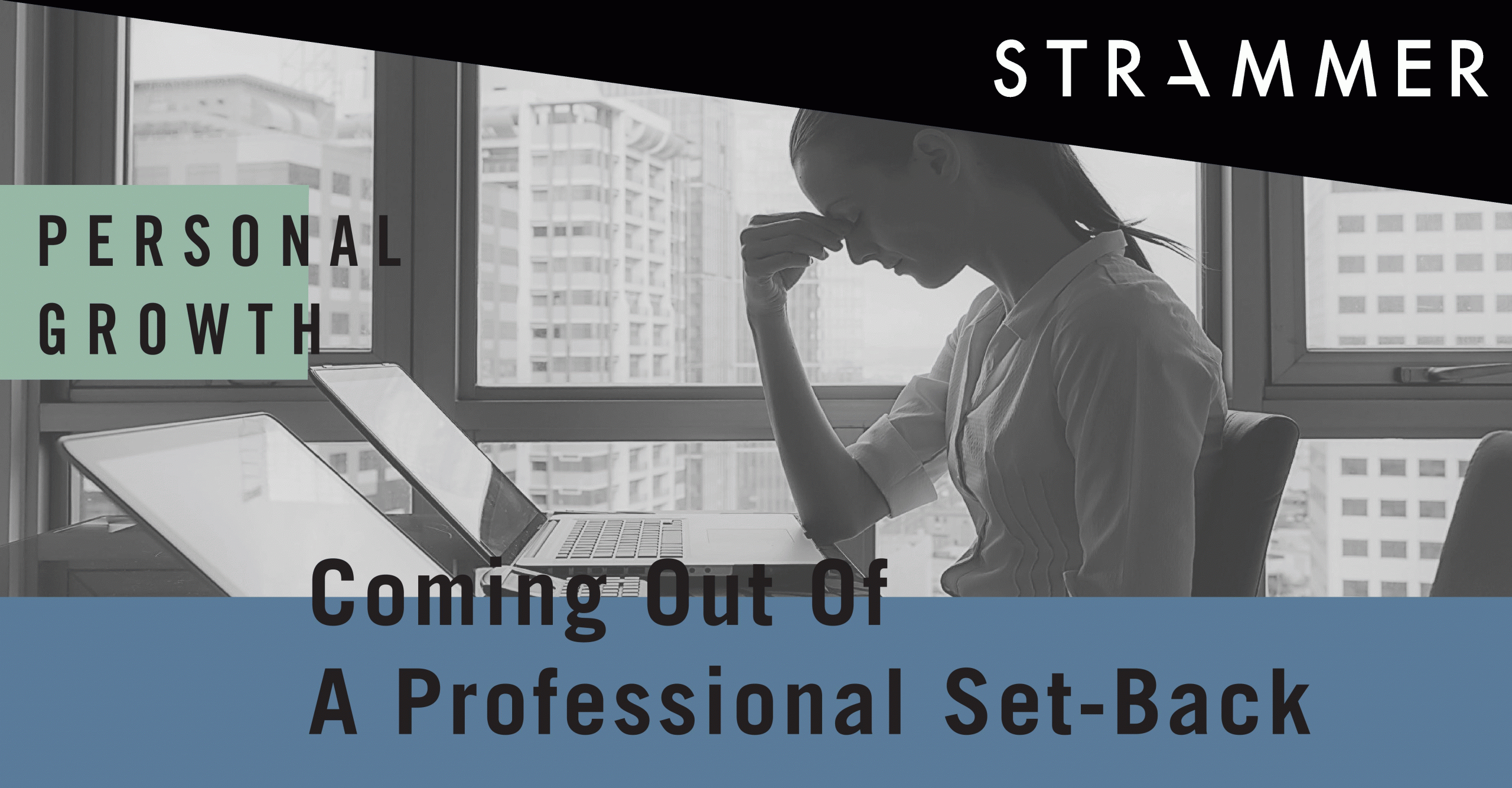Tackling Career Set-Backs Successfully
A person’s professional life is full of ups and downs, each of which can be defining moments. Coming Out Of Professional Failure Stronger may seem impossible; however, it can be the catalyst needed for individuals to excel. A recent study revealed that candidates who narrowly missed the mark for a grant outperformed the ones who received it after 10 years. This shows that statistically failure is useful to long-term success. However, certain steps must be taken that can put one on the right path to self-actualization and recuperation.
The first step is acknowledgement of the failure. Both conscious and unconscious mistakes can bring failure, therefore it is necessary to rebuke one’s self regarding faults that could have been avoided, and not the ones that were unforeseeable. This applies also to blaming external sources for failures, which is an attribute that is prone to become a habit, and undoubtedly hinders to learn from mistakes. Therefore, it is important to be candid with yourself to take away the positive of a failure. The best way to do this is keep a record of the actions or events that led to this situation. With the benefit of hindsight, it is easier to understand the chain of reaction and can be helpful in preventing a second reoccurrence. Additionally, the record can be a great motivator to excel in the future.
It is important to also take your time with this process, as it is the most integral step. However, dwelling in negativity for an extended time can condition an individual to a pessimistic mindset. Therefore, it is necessary to not waste too much time in grief and invest in planning for the future to facilitate coming out of professional failure stronger. Once ready, be ready to share the story of the failure with others. This will make you more comfortable and feel less guilty about your mistakes.
Additionally, parents, friends and colleagues could have a crucial part in providing necessary encouragement, input, external thoughts and suggestions which can lead to the correct path. They can also help you with the next professional opportunity, as research confirms that over 85% of jobs are filled by networking. Sharing how one bounces back from failure can also show persistence, positivity and determination in job interviews, all of which are essential traits recruiters are looking for. Employer decisions are not influenced by failures, but how one recovers from it. Therefore, it is certain to leave a lasting impression.
Ultimately, treating failure as temporary is the solution. A mindset that involves being one track minded and agile is necessary in today’s world that is rigged with possibilities of setbacks. It can be useful to keep in mind the wise words of Henry Ford, one of the most successful businessmen of all time, “Failure is simply the opportunity to begin again, this time more intelligently.”
References:
- How Early-Career Setbacks Can Set You Up for Success, Oct 27, 2019, New York Times.





